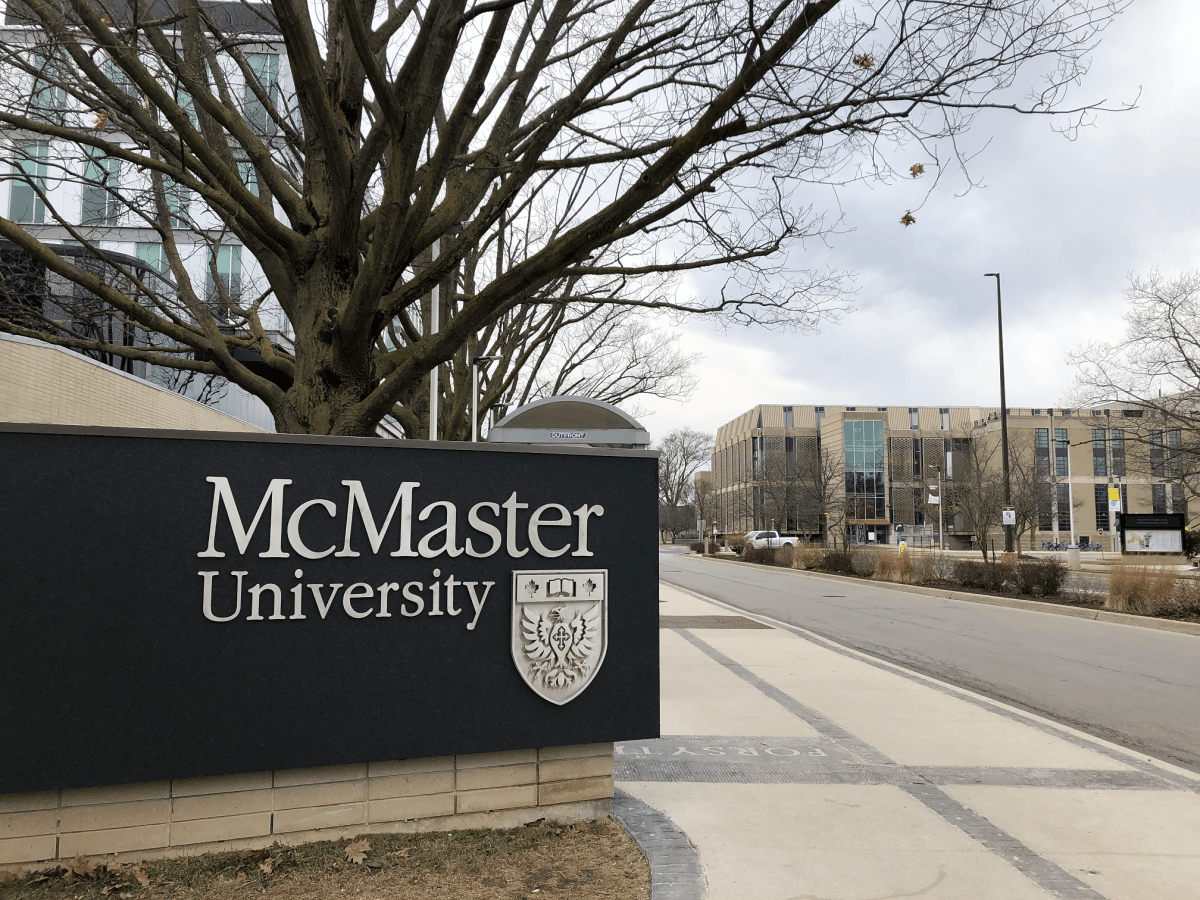A massive Canada-wide study on aging based out of McMaster University is getting a significant chunk of federal funding as part of a larger investment in scientific research in southwestern Ontario.

On Thursday, Hamilton West-Ancaster Dundas MP Filomena Tassi and Hamilton East-Stoney Creek MP Bob Bratina announced that the Liberal government is investing $54.3 million in three institutions: McMaster University, University of Waterloo, and St. Joseph’s Healthcare London.
McMaster is getting $35 million of that funding for various research projects, with $9.6 million going toward the Canadian Longitudinal Study on Aging (CLSA).
That study, which began in 2010, is following 50,000 adults across Canada to determine how different biological, medical, psychological, social, lifestyle, and economic factors have an impact on people’s health as they age and identify the early causes of chronic health conditions like mobility impairment, disability, and cognitive decline.
Dr. Parminder Raina, the lead principal investigator of the CLSA, said not only will the additional funding help them sustain their research going forward, it will also allow researchers to add new technology to enhance their work.
“For example, we are going to be looking at issues of brain health in the CLSA, which we have focused (on), but not at a greater level. We are going to be looking at the role of technology, wearable sleep movement activity, physical activity, and so on and so forth,” Dr. Raina said.
- Alberta, coal lobbyists talked for years about more open-pit mining in the Rockies: documents
- L.A., Belfast… Rainbow Lake? Why a remote Alberta town joined cities in Plant-Based Treaty
- Ecuador rations power, declares emergency as drought limits hydro output
- SFU researchers say ant pheromones could help prevent tick bites
“This investment not only allows us to sustain the platform and continue to go forward until 2033 at least, and add new science to answer some of the most novel questions that are going to be emerging and are going to be in front of us in relation to the aging population.”
Since the pandemic began nearly a year ago, the CLSA has also pivoted to include COVID-19 as a factor in how Canadians are aging.
Raina said that new research is focusing on a variety of areas, including the long-term impacts of COVID-19 on the brain and on the mental health of older adults.
“Who are the people during this pandemic — who are part of the CLSA — who were really impacted by this pandemic? And if any of these crises happen again, how do we support these individuals through these challenging times?”
McMaster’s chunk of funding also includes $14.25 million to construct three new neutron beamlines at the university’s nuclear reactor.
That investment will fund internationally renowned physicist Bruce Gaulin’s Building a Future for Canadian Neutron Scattering project, which seeks to develop materials in areas like clean energy technology, auto manufacturing, medicine, and information technology.
Thursday’s funding announcement followed Prime Minister Justin Trudeau’s announcement on Wednesday that the government is investing $518 million in research infrastructure funding through the Canada Foundation for Innovation (CFI).
The $54.3 million in funding detailed on Thursday includes $17 million for the University of Waterloo and $2 million for St. Joseph’s Health Care London.




Comments